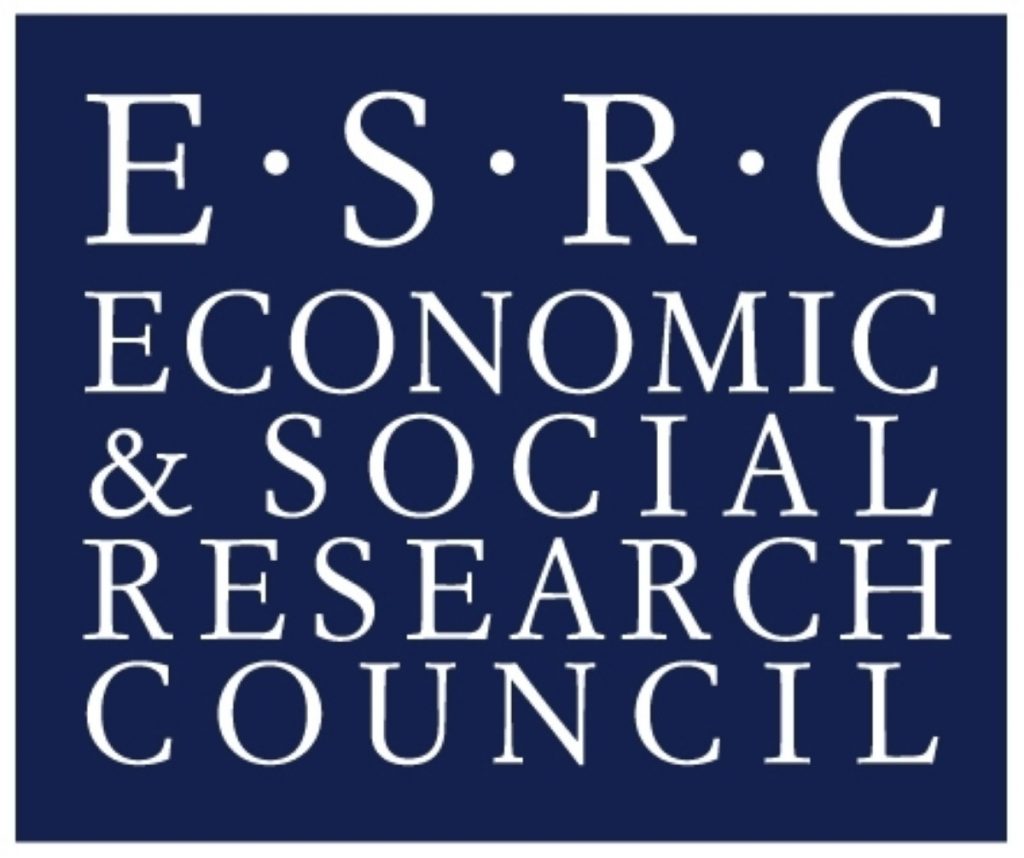ESRC: Helping young people discover their own ‘British’ history
Schools can promote social inclusion by helping children to discover a version of British history that acknowledges how people from a range of ethnic backgrounds have contributed to contemporary British society, according to new research.
A joint project between the London School of Economics, Cambridge University, Manchester University and the Runnymede Trust, Britain's leading race equality think tank, found that children from all backgrounds become more engaged with history when they are encouraged to do hands-on primary research into their own families and communities. The researchers will be sharing their findings at a seminar in November, as part of the Economic and Social Research Council (ESRC) Festival of Social Science.
The project involved over 120 young people, aged 11-14, from four schools in Cardiff, Leicester and Sheffield. Researchers worked with the students and their teachers, showing them how to use social and historical research methods, such as archive searches and oral history interviews, to explore family, community and local histories.
The students used a range of media to present the results of their research, from poetry and visual art pieces to short films and newspaper articles.
"The evaluation work we did with the students after the project showed that many of them had previously felt history was all about 'dead people'", says Dr Claire Alexander, Professor of Sociology at Manchester University. "Performing their own primary research really made them realise that history is happening today, all around them, and they and their families are a part of it."
The project also involved young people from a wide range of ethnic backgrounds, including Bangladesh, Zambia, Somalia, Ghana, Egypt and Iraq. "People from these communities have life stories that are central to British history, but they do not get told in the history curriculum or they are only featured in a very narrow way," says Dr Alexander.
White British students in the project benefitted as well. "I think it helped them to realise that the stories of minority communities are part of all our lives, and of what it means to be British," she adds.
The Government’s interest in what it means to be British and what kind of history is taught in schools makes the project particularly timely, says Dr Alexander. "If you want people to have a sense of belonging, you need to present a story of 'Britishness' in which everyone can belong, where their histories and those of their families are not erased, or added in a peripheral sense.”
"This project is about telling a different story of 'Britishness', helping young people to explore what they and their families have brought to those stories, and encouraging those from other backgrounds to recognise that these histories have a significant contribution to 'Britishness'," adds Dr Alexander.
For further information contact:
Dr Claire Alexander
Email: C.E.Alexander@lse.ac.uk
Telephone: 020 7852 3765
ESRC Press Office:
Sarah.Nichols
Email: sarah.nichols@esrc.ac.uk
Telephone 01793 413122
Jeanine Woolley
Email: jeanine.woolley@esrc.ac.uk
Telephone 01793 413119
Notes for editors
Event: Making history: diversity and the national curriculum (Attendance at this event is by invitation only)
Organiser: Dr Claire Alexander
Date: 5 November 2012
Venue: Museum of London, London, EC2Y 5HN
Audience: Event for professionals
For more information: Making history: diversity and the national curriculum
This press release is based on some initial findings from the project ‘BanglaStories: Telling Community Histories About Migration and Belonging’, funded by the Arts and Humanities Research Council.
The researchers have developed a website aimed at Key Stage 3 schoolchildren, which features some examples of social-historical research and provides advice and resources for teachers and students: www.banglastories.org.
The research methods instructed young people, aged 11-14 in how to conduct oral history interviews, including using audio and video recording, photography and film editing.
The Festival of Social Science is run by the Economic and Social Research Council and takes place from 3-10 November 2012. With events from some of the country's leading social scientists, the Festival celebrates the very best of British social science research and how it influences our social, economic and political lives – both now and in the future. This year’s Festival of Social Science has over 180 creative and exciting events across the UK to encourage businesses, charities, government agencies, schools and college students to discuss, discover and debate topical social science issues. Press releases detailing some of the varied events and a full list of the programme are available at the Festival website. You can now follow updates from the Festival on twitter using #esrcfestival.
The Economic and Social Research Council (ESRC) is the UK's largest organisation for funding research on economic and social issues. It supports independent, high quality research which has an impact on business, the public sector and the third sector. The ESRC’s total budget for 2012/13 is £205 million. At any one time the ESRC supports over 4,000 researchers and postgraduate students in academic institutions and independent research institutes. More at www.esrc.ac.uk
The Runnymede Trust is a social policy research organisation focused on race equality and race relations. It identifies barriers to race equality and good race relations, enables effective action for social change, and influences policy at all levels by providing thought leadership and robust evidence. Further information is available from: www.runnymedetrust.org





-01.png)